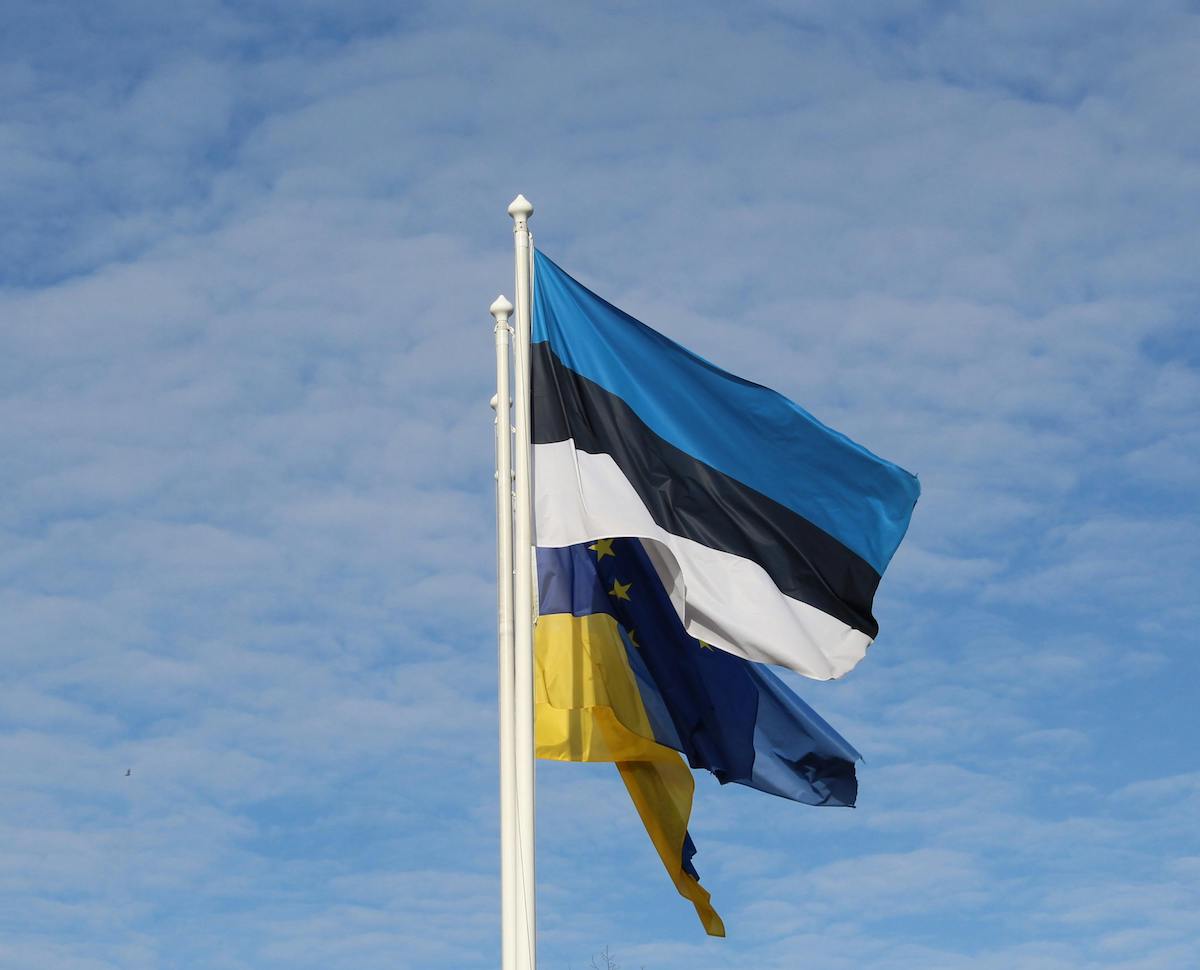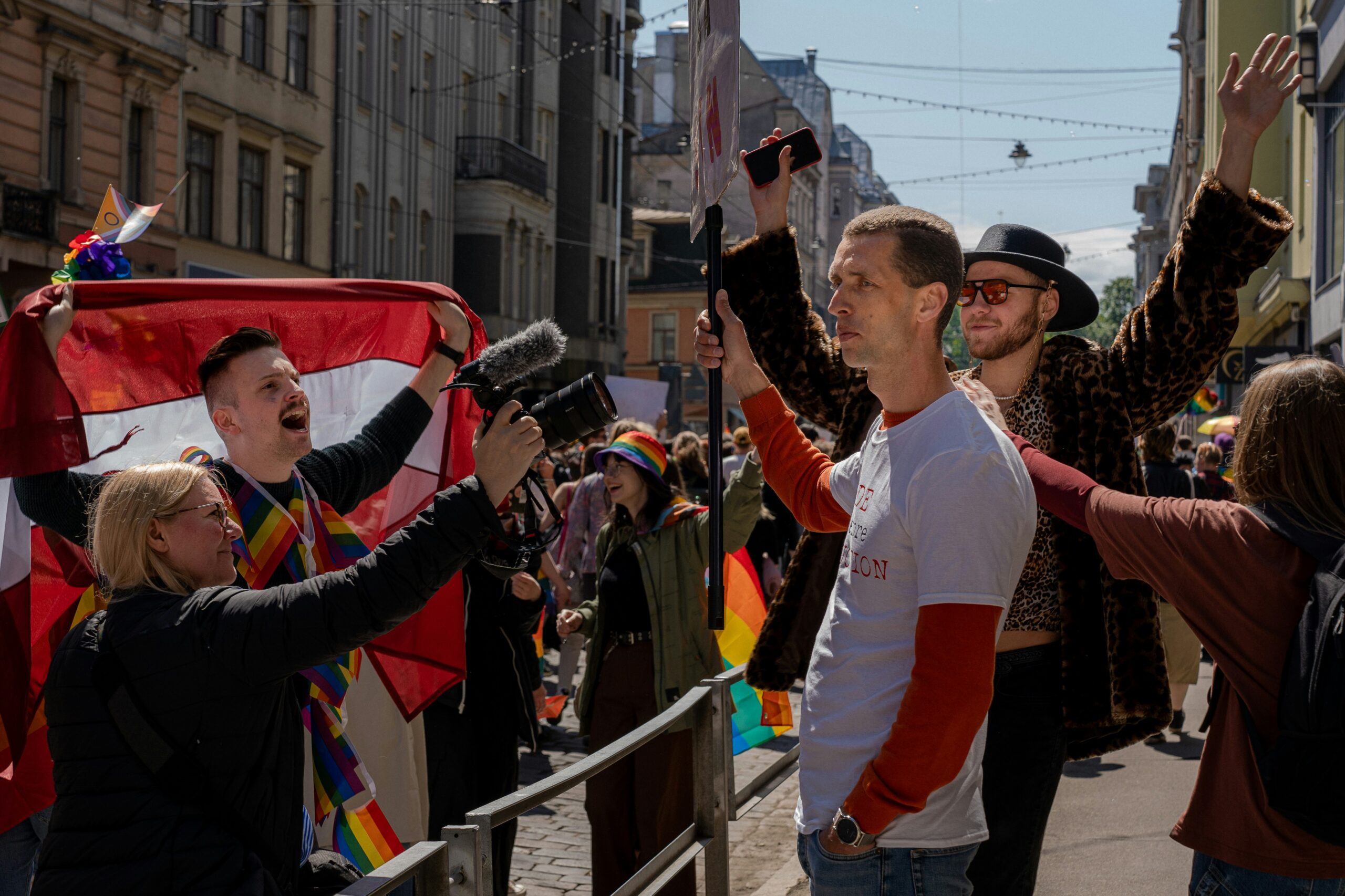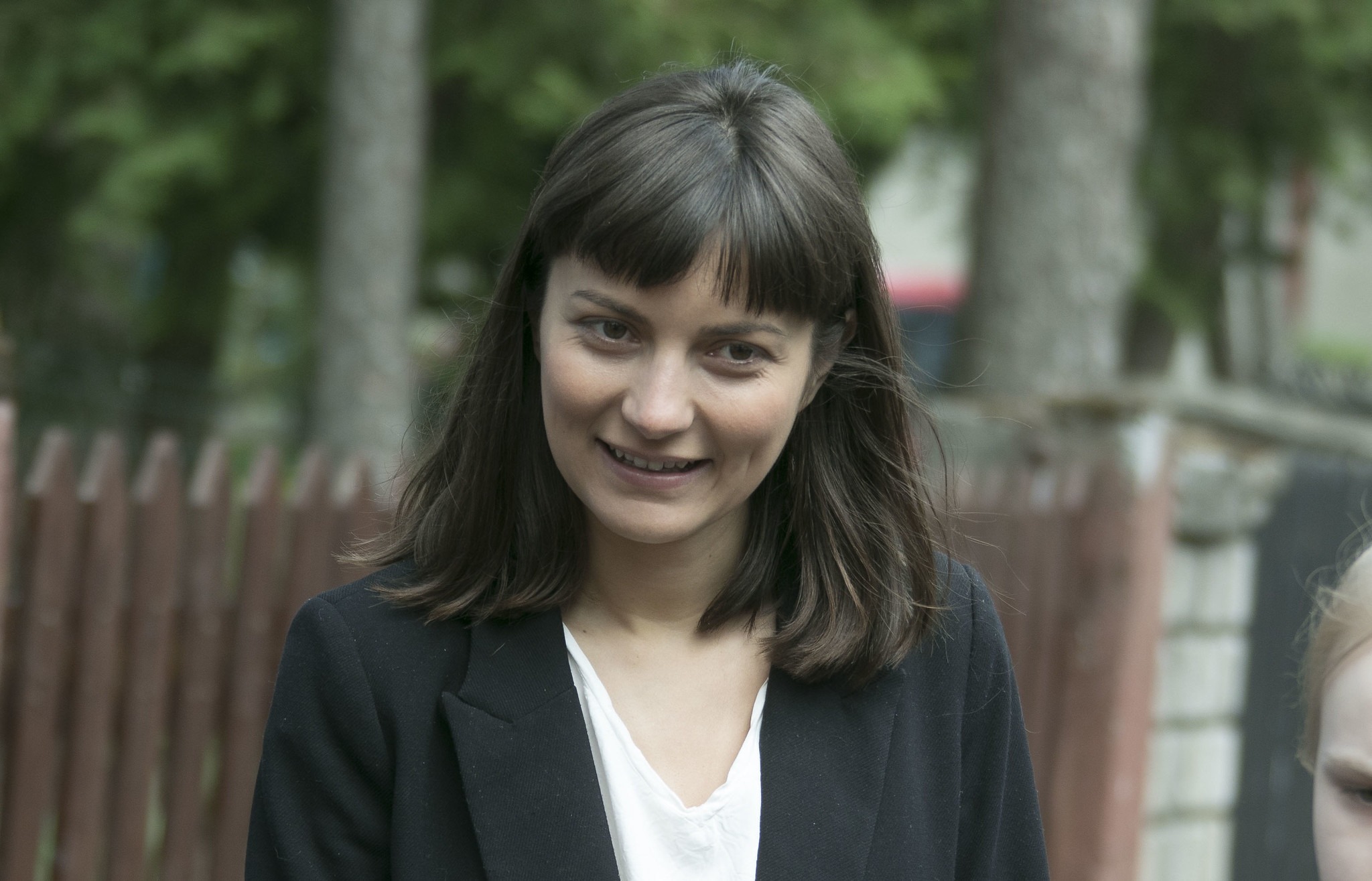
Key Insights:
The Estonian social media and web-based media actors during the reporting month predominantly were still focused on the Estonian/Russian language policy issues, human rights issues, democracy and trust towards elected officials, war in Ukraine, terrorist crisis in Israel as well as the international security situation in general. Accordingly, the main narratives that were spread over the social media were the following:
- Estonian policy of education is directed towards elimination of the Russian language in Estonia;
- Estonian ban of Visas for Russian citizens is a violation of the basic human rights;
- Estonian government is working against Estonian people and Estonian politicians are incompetent in the domain of the world trade and economy and it was possible for Estonia to prosper during the Soviet times.
- U.S. utilize disinformation as an instrument to hold its hegemony. That state of Israel is a failure of U.S. hegemonic policies of the cold war era.U.S. is dominating in the world politics only for its narrow economic and political interests.
- Russia’s actions against Ukraine are justified due to its superpower status.
Overview of findings:
- A total of 450 social media posts were monitored on Facebook, Twitter, Vimeo and Telegram channels.
- An Awario media monitoring tool reveals the remaining importance of Russia’s aggression against Ukraine, conflict between Israel and Palestine and importance of the language policies, as mentions of “Ukraine” and “the war”, and “language”, “Russian language” in Estonian media in Estonian and Russian languages (see graph above) scores near around 195 mentions. Data from the monitoring tool also shows that more than a third (33,8%) of these items held a negative sentiment. That signals the easy usage of war for the spread of anti-Ukrainian and anti-government narratives which are related to the language policies as well.
- Awario has also revealed the notable reach of the same social media pieces (see the graph below) that includes mentions of Ukraine, the war and the language policies, especially beginning and end of the month, when the war in Israel began and introduction of the Estonian language in the schools was debated by the end of the month.That in Estonia prevails Russophobia in a massive scale.
- The other popular messages of this month are claiming, that It is forbidden to be Russian in Estonia, while “Ukraine agenda” prevails and that Ukraine flag is a “Nazi Symbol”; That the national security services are incompetent.



Story of the month:
Yana Toom on the Estonian ban on issuing visas to Russian citizens: “human rights are not an abstract concept”. Estonian authorities are making inhuman decisions.

One of the issues that relates the Baltic countries and Estonia to the war in Ukraine in particular, is the position of Estonia, Latvia and Lithuania towards the Russian citizens, who due to number of reasons are willing to travel and stay in the Baltic countries. Estonia was one of the first among the others, who banned visas for Russian citizens and their entry in Estonia. These sanctions against Russian citizens were placed in response to the Russia’s aggression against Ukraine. One of the narratives that came along these policies are focused on blaming the Baltic
countries on the subject of violation of the basic human rights. In October such a narrative was spread by Estonian politician Jana Toom, she is member of the European Parliament, elected as Estonian representative.
On October 2, MEP Jana Toom addressed the European Parliament giving a speech about Estonia’s ban on issuing visas to Russian citizens wishing to visit Estonian relatives, and as she were stressing, “the European Commission’s unsupportive approach to this issue during the Petitions Committee hearing end of September”. The speech was also reflected on Jana’s Toom website October 3, 2023 (https://yanatoom.ee/press-i.php?lang=ru&id=10563&fbclid=IwAR0GwSBkqM9Ai7fWbmDAQuahLxbiVRYJZ1fHawreLGDkmttG7YnxN-e0B4Q).

Yana Toom supported her argument referring on to the certain feelings of the other members of the European parliament, as an appeal to conscience: “Dear colleagues, in these 60 seconds I want to tell you about a woman who is not allowed to visit her blind father; about a twin sister who cannot see her immobilized sister; about a woman who cannot visit her brother who is dying of cancer. All these people are relatives of Estonian citizens, they all live in Russia.”
Another argument, which were not supported by any evidence stated by Yana Toom blamed Estonian authorities being inhuman in their actions: “This (which is happening to previously mentioned ill people) is the result of our visa ban – on the paper there are many humanitarian exceptions to it, but in practice there are none. A week ago, we discussed similar situations of 29 Estonian citizens in the Petitions Committee, but the European Commission did not do its homework. European Commission did not even bother to ask the Estonian authorities to check on these specific cases, again limiting European Commission itself to the question: “Is everything all right there?” – and heard the usual answer: “Yes, everything is fine.” In this building (European Parliament), where the words “human rights” are heard more often than the others, this is a strange situation, at least.
Finally, Yana Toom concluded, that “human rights are not an abstract concept, they are the rights of each individual person, even if we don’t like him. I understand that the European Commission does not have a mandate to investigate member states, but what you must possess anyway is the political will to ask the right questions and get the answers in return, for the Europeans who rely on you.”
The whole story is quite ambiguous and emotional, but at the end it leads to the conclusion, that Estonian ban of Visas for Russian citizens is a violation of the basic human rights, and more than that – it is ultimately an inhuman action driven by the Estonian authorities. This is a kind of publication, which is vividly exposing spreading of the Kremlin narratives by the Estonian politicians and the target audience in this case is a wider international community.









